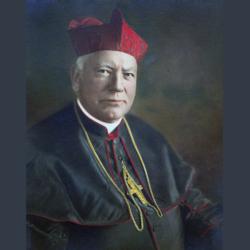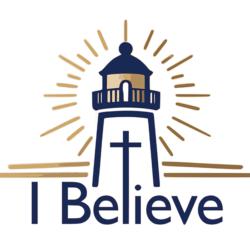Secularism
Considered either as an ideology or as a program of action, secularism is deeply coercive. Reactions to the Supreme Court's ruling on the Affordable Care Act's contraceptive mandate make that abundantly clear.
Secularists typically think of themselves as champions of liberation, empowerment, and freedom of choice. Take care, though: disagree on religious grounds with something these people espouse, and they'll be after you with fire and sword, seeking to make you fall in line. So much for liberation, empowerment, and freedom of choice.
Consider the secularist response to the June 30 decision by a five-member majority of the Supreme Court: proprietors of family-owned businesses don't have to provide employees with health insurance coverage for abortifacient drugs the owners object to in conscience.
A "deeply dismaying decision," the New York Times huffed about the Hobby Lobby ruling. The deeply dismayed newspaper accused Justice Alito and his four colleagues of giving owners of closely held, for-profit companies "an unprecedented right to impose their religious views on employees."
"Nothing in the contraceptive coverage rule prevented the companies' owners from worshiping as they choose or advocating against coverage and use of the contraceptives they don't like," the newspaper said. Quite so. The problem was that the rule forced people of faith to pay for something they judged morally abhorrent.
As Justice Alito pointed out, government has other ways of giving people contraceptives and abortifacients besides forcing business owners with faith-based objections to become its accomplices. Unless of course making them accomplices was itself part of the project.
The Washington Post was even more blunt in exposing its secularist premises, ripping into the court majority for having held that government should excuse owners who "bring their religious convictions into the public sphere." The implication was that people with religious convictions ought to keep the convictions at home or else leave them in church. In presuming to bring religious convictions into the workaday world, they invite any penalties they get.
Others sank below even this level of discourse by making overt appeals to anti-Catholicism. The Catholic League's Bill Donohue pointed to examples from the Boston Herald, the Kansas City Star, and the Huffington Post. The five justices comprising the majority in this case (Alito, Roberts, Kennedy, Scalia, Thomas) are all Catholics. And therefore? And therefore it was now supposedly fair to repeat the ancient canard that Catholics in public life are pawns of the Church.
Okay--but if so, how about the Jews? All three Jewish justices (Ginsburg, Breyer, Kagan) voted on the other side. Does this make them pawns of the Torah or something ridiculous like that? The argument collapses under the weight of its malevolent absurdity.
Finally, though in a different category, we had Justice Sotomayor's dissent (joined by Justices Ginsburg and Kagan) from a brief order of the court saying Wheaton College, a Christian school, deserves a fair hearing on its religious objections to the government's so-called "accommodation" before being penalized for not complying with the contraception rule. Her remarks were disturbingly polemical, to say the least.
The long expected showdown between faith and secularism has begun. Media slavishly supporting the secularist line, compliant politicians, and the efforts of well-funded interest groups make this a difficult fight.
The underlying issue, seldom acknowledged, is a conflict of world views involving religious freedom and religion itself. For secularists, they are anachronisms and (at best) nuisances. For people of faith, they are foundations of human rights and a healthy social order. The common ground in this conflict, always small, grows smaller every day.
- Russell Shaw is the author of more than twenty books. He is a consultor of the Pontifical Council for Social Communications and served as communications director for the U.S. Bishops.



















